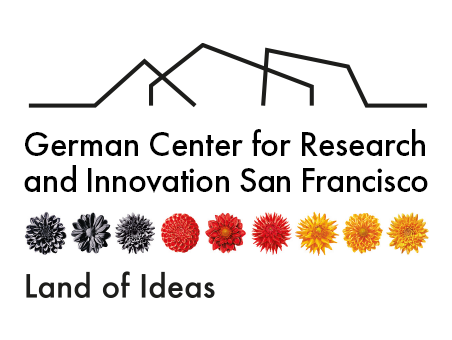Science Communication: Changes in the Relationship between Science and Society
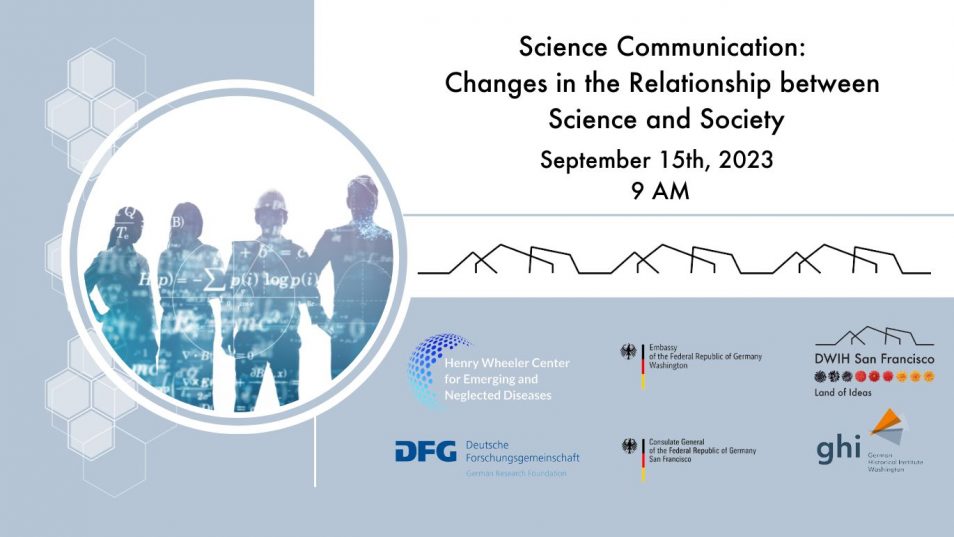
Knowledge is a key resource for our society. Scientific and research findings shape our living environment. They are driving forces of material and intellectual progress, guide the decisions of policymakers and society, and protect the democratic capacity of modern societies. This holds true particularly in times of crisis, where integrity of information is threatened by targeted disinformation, and on issues such climate change or the COVID 19 pandemic, where the transmission of robust scientific knowledge is a major basis for societal and political decision-making. The communication and interpretation of research results from scientific practices and methods or research dissertations furthermore play a pivotal role in diverse spheres of life such as health, education, business, or security and contribute to public (and private) discourse in these areas as science communication.
The political importance of science communication and its establishment in the scientific community have grown over the past years in response to societal demands for transparency and inclusion. One important aim is to increase the scientific literacy of society and safeguard informed trust in science. At the same time, the conditions for science communication are subject to continuous change, in particular as the process of digitalization continues.
Due to limited seating capacity, please email info@dwih-sanfrancisco.org for an invitation.
Confirmed Speakers
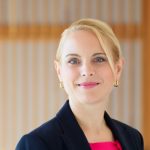
Julia Schaletzky joined UC Berkeley's Center for Emerging and Neglected Diseases in fall 2017 and is currently the center’s Executive Director. Originally from Germany, Julia trained as a Biochemist at Bayreuth University and completed her studies in the laboratory of Prof. Francis Barr at the Max-Planck-Institute of Biochemistry in Martinsried, Germany. She then went abroad to obtain her PhD in the laboratory of Prof. Tom Rapoport at Harvard Medical School/HHMI. While the main focus was on translocation of proteins across the endoplasmic reticulum membrane, she also volunteered as a mentor for the HHMI EXROP program, training and mentoring students from underrepresented communities over the summer. After completing her PhD, Julia joined Cytokinetics, a biotechnology company in South San Francisco. During her 11 years at Cytokinetics, Julia and her team focused on discovering and developing novel, first-in-class medicines against heart failure and neurodegenerative disorders such as ALS, which are currently in Phase III clinical trials. In addition, she took on several pro-bono projects stemming from academic collaborations, working after hours on successful screens against Trypanosomiasis (sleeping sickness), Malaria and Toxoplasmosis. Julia is passionate about treating neglected and emerging diseases, establishing effective collaboration between academia and industry and about translating basic science into new companies and ultimately cures. In her free time, Julia enjoys learning new skills, socializing with family and friends, and practicing the Arts.Julia Schaletzky
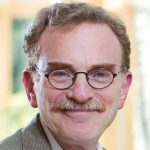
Randy Schekman
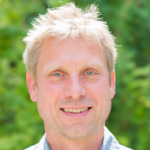
Martin Storksdieck is the director of Oregon State University’s STEM Research Center and a professor in the College of Education and the School of Public Policy. Prior to joining OSU, Martin directed the Board on Science Education at the National Research Council of the National Academy of Sciences. Martin works in the intersection of research, practice and policy, focused on STEM learning across settings and time. He has previously worked for education and policy non-profits in Germany and the United States. He holds Master’s degrees in biology and public policy, and a Ph.D. in education.Martin Storksdieck
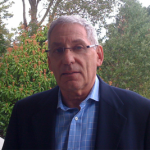
Neil Gilbert is the Milton and Gertrude Chernin Professor of Social Welfare and Social Services. Dr. Gilbert is director of the Center for Comparative Family Welfare and Poverty Research and was the founding director of the Family Welfare Research Group. Dr. Gilbert served as the School's acting dean (1994-96) as well as chair of the doctoral program for a five-year period. His University service has included posts as vice-chair and chair of the Berkeley Senate Faculty's Graduate Council, and membership on the Senate Divisional Council, the Committee on Privilege and Tenure,the Statewide Senate Faculty Coordinating Committee on Graduate Affairs, the Committee for the Protection of Human Subjects, the Committee on Committees, the Committee on International Education and the L & S Executive Committee.Neil Gilbert
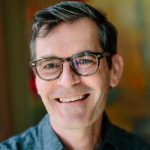
Brandon R. Brown is Professor of Physics and Astronomy at the University of San Francisco, where he has also served as department chair and associate dean for sciences. He pursued doctoral training in superconductivity and low-temperature physics, with postdoctoral work in science communication. Once at the University of San Francisco, he shifted his research focus to sensory biophysics. He and his collaborators and students explored the electric and magnetic sensory abilities of a variety of creatures. Brandon served as associate dean for sciences, during which time the university completed planning stages for the Lo Schiavo Center for Science and Innovation, for which he helped fundraising efforts. He currently writes about science for broader audiences, including various columns, essays, and two books: Planck (2015, Oxford University Press), and The Apollo Chronicles (2019, Oxford University Press).Brandon Brown
Event Information
September 15, 2023, 9:00 AM to 12:30 PM
UC Berkeley
Organizer(s): German Embassy Washington D.C., German Historical Institute, DWIH SF
